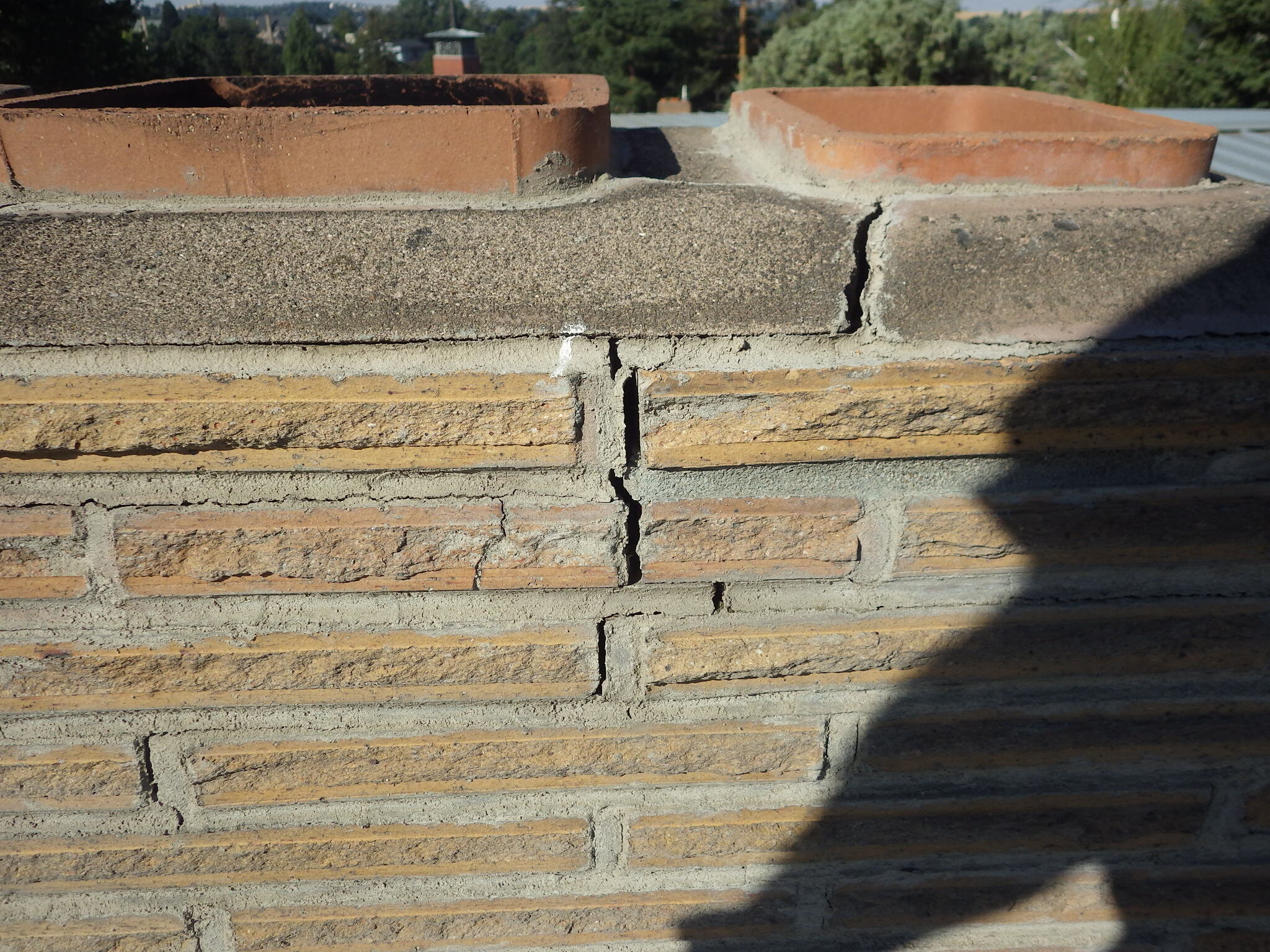
Chimney Fires Are a Thing
When you buy a home, does the inspector inspect the chimney?
The answer is . . . kind of.
By standard, the inspector is supposed to inspect the visible elements of the chimney. That would include the exterior structure, whether it is masonry or metal chimney pipe, and the interior hearth, extension, and firebox. They should also be checking for proper operation of the damper assembly.
Most inspectors will provide a cursory look at these and then include language in the report to let themselves off the hook for any liability. Phrases such as “I recommend having the chimney professionally cleaned” or “recommend further evaluation by a qualified specialist” are common in inspection reports.
And, that would be fine, if the inspector actually inspected the chimney. All too often, what I see when I go out to sweep a chimney after someone has purchased it is thousands of dollars of repairs to the chimney structure or, worse, a fundamentally unsafe situation.
Chimney Problems
The problems I see on the exterior range from several deteriorated crowns and mortar work to bad flashing. Chimneys are fully exposed to weather which means that Mother Nature beats on them constantly. Add to that chimneys are not consistently maintained and you have a recipe for a thousand dollar repair bill to secure loose brick or stop water intrusion.
This kind of damage gets missed in reports all the time.
But that’s not the worst of it . . .
Chimney Fires
I bring this up because I am working on my 11th chimney fire investigation this year. Several of them are on homes that just recently sold. In addition to that, I’ve done a dozen NFPA Level II inspections after the buyers take possession of the home that have resulted in my asking the owners to NOT use the fireplace or wood stove due to the damage I observed in the system.
The single biggest cause of chimney fires that I’ve investigated so far is a poorly installed wood insert. These ‘slammers’ as the sweep trade calls them lack a connector pipe into the flue which leads to an enormous amount of creosote build up in the smoke chamber and at the top of the firebox.
Can your inspector identify this? Sure. But they don’t. they treat everything past the door as a ‘black box’ outside the scope of a home inspection. Which would be fine if they would recommend a chimney inspection. They don’t because that would upset the agents, and they know where their referrals come from.
So, my advice. Get your chimney inspected - before you buy the house. I know, it is an extra expense when everything is costing you money. But, it might save you thousands of dollars . . . or a life-threatening fire.
Chimneys and Antennas and A Surprise
Want to know why codes don’t allow attachments to the chimney? And, another bad idea as a special bonus!
Washington State License #215
Former SBCC Member, Former Chairman State Home Inspector Advisory Licensing Board.


